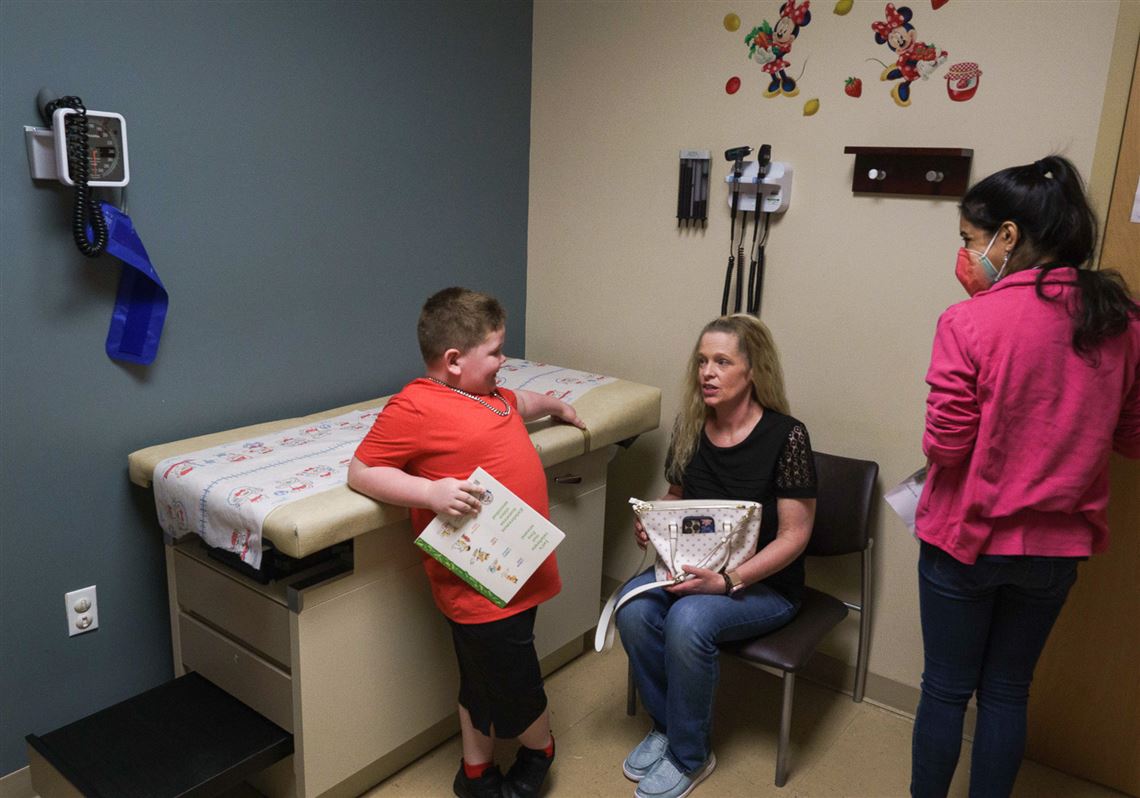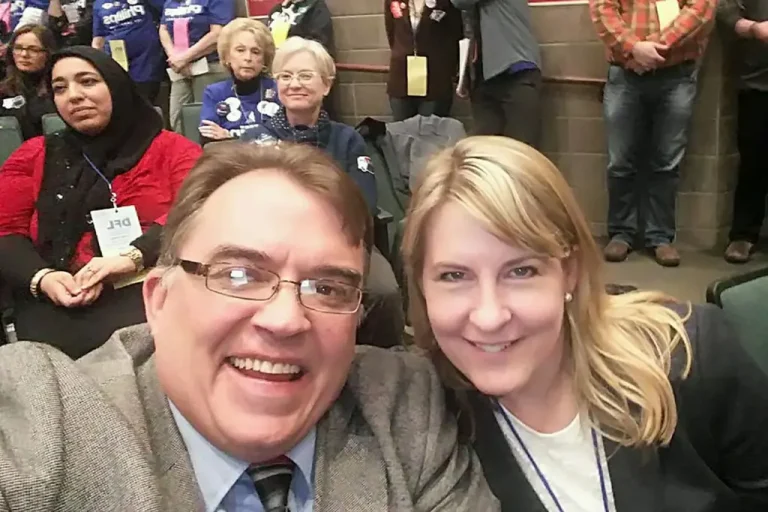
By Staff Writer
The Independent Penn
Published: June 13, 2025
FAYETTE COUNTY, PA — You’ve heard the story by now: Medicaid funding in Fayette County is poised for cuts—again—and the guardians of our rural hospitals can barely contain their panic. But what the media aren’t telling you is why this is happening, and who’s really to blame.
According to a recent Post‑Gazette report, local providers are asking: “How much worse will it get?” That’s after Congress proposed trimming Medicaid—the very lifeline that accounts for one‑fifth of healthcare spending nationally, and plays a vital role in Fayette’s rural clinics, where 63% of pediatric patients are Medicaid recipients .
You’d think our leaders would push back. Instead, what are they doing?
Nothing.
Let’s break this down:
- Medicaid is a federal-state welfare program. It’s designed to help those truly in need—not to bankroll an entire rural hospital system year after year.
- But Fayette County isn’t fighting for reform or innovation. It’s begging for more of your taxpayer dollars.
- Local officials are sounding the alarm about “deep cuts,” even as every taxpayer in Pennsylvania has already been forced to bear the burden.
Here’s the ugly truth: Washington spent trillions during COVID, and now sees rural communities as an easy source of future red ink. And Fayette County’s response? Crickets.
These are the same folks who cheer every time a government check lands in town. They’ll show up at a ribbon‑cutting, smile for the camera—then watch quietly as the next round of federal bailouts goes down the hatch.
Look at the numbers: Medicaid eats 20% of health care dollars nationwide
Meanwhile, 63% of pediatric patients in Uniontown rely on Medicaid. That’s not a safety net. That’s public dependency, paid for by the middle class—and no one’s asking whether it’s sustainable.
Now, local doctors fret about revenue, hospitals talk about layoffs, and everyone expects taxpayers to foot the bill. Meanwhile, no one in Harrisburg or Washington is saying, “Let’s reform, not just reconstruct.”
Here’s the bottom line: If we’re going to continue funding rural medicine, fine—just let’s do it smartly. Introduce work requirements, tighten eligibility, incentivize private-pay expansion. Otherwise, we’re just papering over a problem that our leaders helped create.
Fayette County deserves healthcare that’s built to last—not a welfare lifeline that snaps whenever Congress moves the goalposts.
So next time you hear “Medicaid cuts are coming,” ask yourself: Is this a crisis, or by design? Because if we keep empowering this broken system, the only thing we’ll get is deeper dependency—and fewer choices.




